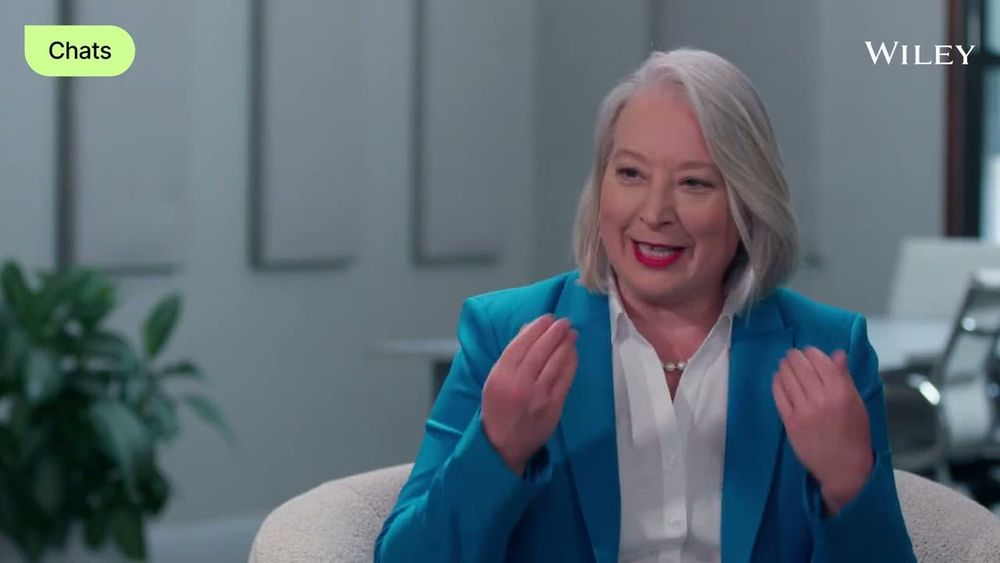Reposted by Stephen M. Walt, Joanna Bryson, Marc Lynch , and 75 more Stephen M. Walt, Joanna Bryson, Marc Lynch, Tobias Bunde, Anupam Chander, Rebecca Solnit, Jennifer Bussell, Richard S.J. Tol, Dorothy Bishop, Brian J. Enquist, Richard E. Lenski, Andreas J. Bäumler, Tobias Kuemmerle, Will Jennings, Jon Pierre, Stefan Rahmstorf, Peter Thorne, Brendan Nyhan, Linda J. Skitka, Du Toit, Julie L. Lockwood, Elena Litchman, Scott L. Greer, John Horgan, Steve Peers, Christopher Wright, Michael A. Clemens, Matthias Doepke, Lewis R. Gordon, Michael J. Allen, Martin Tomko, David W. Kerstetter, Marianne Hundt, Juan Cole, Cathy N. Davidson, Gernot Wagner, Jerry H. Ratcliffe, Edgar Morgenroth, Tuomas Mattila, Michael Kevane, Devon Greyson, Smith, Jonathan Hopkin, Michael W. Kraus, Silvia Secchi, Aaron Sojourner, Vincent Noël, Lisa Janicke Hinchliffe, William A. Allen, Robert B. Reich, Michael D. McDonald, Craig R. McClain, Jason Lyall, Michael Müller, Michael Jones‐Correa, Mark Rice, Juanjo Medina, Arlene Stein, Jack Stilgoe, James Connelly, Georg Weizsäcker, Ted Temzelides, Richard M. Carpiano, Nathan Richardson, Guy Pe’er, Hisham Zerriffi, Tim Stephens, Blair Fix, Karen O’Leary, Taku Ito, Olúfẹ́mi Táíwò, Dietmar Fehr, Karin Wulf, Vincent Foucher, Jeannette Sutton, David R. Shumway, Elise Thomas, Carly D. Ziter

www.nature.com/immersive/d4...
my phone menu brother in Christ, believe me, if I could do the thing on your web site, I already would have
Reposted by Lisa Janicke Hinchliffe
my phone menu brother in Christ, believe me, if I could do the thing on your web site, I already would have

scholarlykitchen.sspnet.org/2026/01/05/t...
Reposted by Lisa Janicke Hinchliffe
Reposted by Lisa Janicke Hinchliffe
Reposted by Lisa Janicke Hinchliffe, Mark Rice
cdnapisec.kaltura.com/p/2503451/em...
🌍 1,500+ org members in 69 countries
🆔 10.5M active users
🤝 net. of partners throughout the schol. comm
Read more https://info.orcid.org/2025-year-in-review/

Reposted by Lisa Janicke Hinchliffe

🌍 1,500+ org members in 69 countries
🆔 10.5M active users
🤝 net. of partners throughout the schol. comm
Read more https://info.orcid.org/2025-year-in-review/


Today's exhibit: creativecommons.org/2025/12/10/i...
Reposted by Lisa Janicke Hinchliffe
See also - international students' obsession with our campus squirrels.
Reposted by Lisa Janicke Hinchliffe
Reposted by Lisa Janicke Hinchliffe

Watch the full interview here.
#Researchsky #ORCID #ORCIDBoard #Wiley #Librarians #ResearchInstitutions #ScholComms #AiLiteracy

www.youtube.com/watch?v=p7Dg...
Reposted by Lisa Janicke Hinchliffe

Reposted by Lisa Janicke Hinchliffe

@scholarlykitchen.bsky.social chefs @lyconrad.bsky.social, @roohighosh.bsky.social, @irfanullah.bsky.social, @lisalibrarian.bsky.social, Stephanie Lovegrove Hansen, Dianndra Roberts, and Tim Vines share theirs here:


